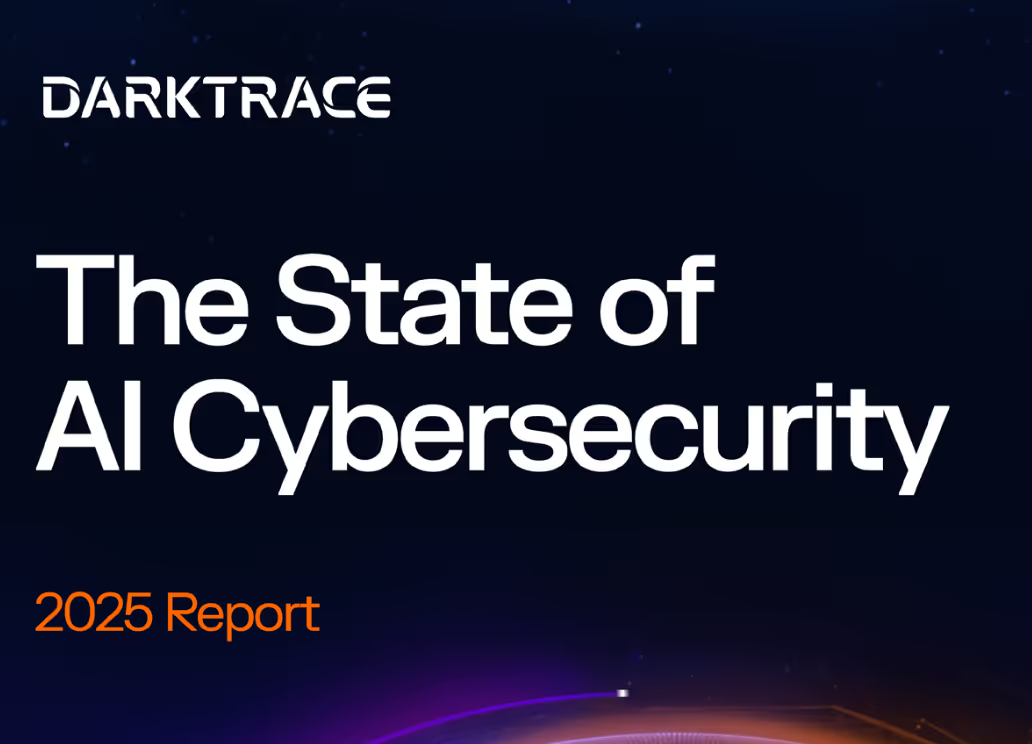Cybersecurity risks in engineering industry
Cybersecurity for engineering industry
Cyber threats can compromise sensitive data, disrupt operations, and damage reputations and engineering firms manage valuable intellectual property and critical infrastructure, making them prime targets for cyber criminals. This article delves into the unique cybersecurity challenges within the engineering industry, explores the critical role of cybersecurity engineers, and highlights effective solutions to safeguard engineering firms against sophisticated cyber-attacks, ultimately protecting their valuable assets and ensuring operational continuity.
Cyber Risks to Engineering Firms
Engineering firms are prime targets for cyber-attacks due to the valuable intellectual property and sensitive data they handle. Here are some common cyber risks:
- Phishing Attacks: These attacks trick employees into revealing confidential information through deceptive emails. Phishing is particularly dangerous in engineering firms as it can lead to unauthorized access to proprietary designs and client information. Cyber criminals often use sophisticated techniques, like social engineering, making it hard for employees to distinguish between legitimate and fraudulent emails.
- Insider Threats: Employees with malicious intent or those who unintentionally compromise security pose significant risks. Insider threats can come from disgruntled employees, contractors, or partners who have access to sensitive data and systems. These threats are challenging to detect and can result in significant financial and reputational damage.
- Lost or Stolen Devices: Unsecured devices can lead to unauthorized access to company networks and data. Engineering firms often rely on mobile devices for fieldwork, and these devices can be easily lost or stolen. Ensuring that all devices are encrypted and have remote wipe capabilities is essential to mitigate this risk.
- Unauthorized Network Access: Hackers exploit vulnerabilities to gain access to internal systems. Engineering firms often use specialized software and control systems that, if not properly secured, can become entry points for cyber criminals. Regular network assessments and the implementation of strong access controls are necessary to prevent unauthorized access.
- Data Sharing and Leakage: Uncontrolled data sharing can result in sensitive information being exposed. Engineering projects often require collaboration with external partners, increasing the risk of data leakage. Implementing strict data sharing policies and using secure file-sharing solutions can help protect sensitive information.
- Ransomware Attacks: These attacks encrypt a firm’s data, demanding a ransom for its release. Ransomware can cause significant operational disruption and financial loss. Engineering firms need to maintain regular data backups and implement advanced threat detection systems to prevent and respond to such attacks.
- Cloud Security Issues: As engineering firms increasingly rely on cloud services, they face risks related to cloud security. Misconfigured cloud settings, inadequate access controls, and insufficient data protection measures can lead to breaches. Ensuring proper cloud security practices and continuous monitoring is essential to safeguard data stored in the cloud.
Learn more about how to make protecting the cloud easier with different uses of AI in the white paper "The CISO's Guide to Cloud Security."
Cybersecurity for Engineering vs. Cybersecurity Engineers
The term "cybersecurity for engineering" often intersects with "cybersecurity engineers," professionals dedicated to protecting companies from cyber threats. Cybersecurity for engineering focuses on safeguarding an engineering firm's data and systems, encompassing a wide range of practices and technologies tailored to the specific needs of engineering environments. This includes implementing secure software development practices, protecting critical infrastructure, and ensuring compliance with industry regulations.
On the other hand, cybersecurity engineers are the specialists who design, implement, and manage these protections. They are responsible for developing security protocols, conducting risk assessments, and responding to security incidents. Their role is crucial in building and maintaining a secure IT infrastructure within engineering firms. Cybersecurity engineers use their expertise to create customized solutions that address the unique vulnerabilities and challenges faced by engineering firms.
Understanding the distinction and interplay between these concepts helps in comprehending the comprehensive approach needed for robust security. While cybersecurity for engineering covers the overall strategy and implementation of security measures, cybersecurity engineers are the technical experts who execute these strategies. Both are essential for ensuring the security and resilience of engineering firms against cyber threats.
Challenges in Implementing Cyber Security in Engineering
Implementing robust cyber security measures in engineering firms presents several challenges. These challenges stem from the unique operational environment and the complexity of engineering projects:
- Integration with Legacy Systems: Many engineering firms rely on legacy systems that are not designed with modern security standards in mind. Integrating these outdated systems with new security technologies can be complex and costly.
- Balancing Security and Productivity: Engineering projects often require seamless collaboration and access to data across various teams and locations. Striking the right balance between stringent security measures and maintaining productivity is a significant challenge.
- Resource Constraints: Smaller engineering firms may lack the necessary resources, both financial and human, to implement comprehensive cyber security measures. This can lead to vulnerabilities that are easily exploitable by cyber criminals.
- Specialized Security Knowledge: Engineering firms need cyber security professionals who understand the specific needs and technologies used in the engineering industry. Finding and retaining such specialized talent can be difficult and expensive.
- Compliance with Regulations: Engineering firms must comply with various industry-specific regulations and standards, which can vary by region and project type. Ensuring compliance while maintaining robust security can be a daunting task.
- Rapid Technological Changes: The fast-paced nature of technological advancements means that security measures must continuously evolve to address new threats. Engineering firms must stay up to date with the latest security trends and technologies, which can be resource intensive.
Addressing these challenges requires a strategic approach that includes investing in the right technologies, hiring skilled professionals, and fostering a culture of security awareness within the organization. By understanding and mitigating these challenges, engineering firms can better protect themselves against cyber threats and ensure the integrity of their operations.
Cybersecurity Solutions for Engineering
Engineering firms have several options to protect against cyber threats. Effective solutions include employing cybersecurity engineers who design customized security protocols, deploying advanced security software, and conducting regular security audits. These measures ensure that vulnerabilities are identified and addressed promptly, reducing the risk of cyber-attacks.
Cybersecurity engineers play a crucial role in this process. They bring specialized knowledge in securing engineering systems, from designing secure networks to implementing encryption methods for sensitive data. Their expertise ensures that security measures are robust and tailored to the specific needs of engineering firms.
In addition to hiring skilled cybersecurity professionals, engineering firms should invest in comprehensive security solutions. Darktrace offers cutting-edge AI-driven solutions that provide continuous monitoring and adaptive defenses. These solutions leverage machine learning to detect and respond to threats in real-time, ensuring comprehensive protection tailored to the unique needs of engineering firms.
Darktrace’s technology not only identifies potential threats but also learns from them, continuously improving its defenses. This adaptive approach is crucial in an environment where cyber threats are constantly evolving. By integrating Darktrace’s AI-driven solutions, engineering firms can enhance their security posture, protect valuable data, and ensure the continuity of their operations.
Secure Your Engineering Firm with Darktrace
Protecting your engineering firm from cyber threats is essential for maintaining operational integrity and trust. Darktrace’s AI-driven solutions offer unparalleled security, learning and adapting to emerging threats to provide consistent and comprehensive protection. With Darktrace, you benefit from advanced threat detection, real-time response, and continuous improvement of your security measures. Discover how Darktrace can safeguard your engineering firm, ensuring your valuable data and systems remain secure. Embrace the future of cybersecurity with Darktrace and experience the peace of mind that comes with robust and reliable protection.


























